Protecting Seniors at Home from Scams
October 26, 2016
Helping Seniors Ward Off Depression
November 26, 2016Each November, the National Association for Home Care & Hospice (NAHC) celebrates National Home Care and Hospice Month. This annual event is designed to honor the healthcare workers and family members who make home care and hospice care possible. It is also an excellent time to inform people of the benefits of home care. This article discusses the celebration of healthcare workers and family members with the National Home Care and Hospice Month.
The number of people receiving home care has grown substantially in recent years. A report from the National Alliance for Caregiving suggests that there are now more than 44 million unpaid caregivers in the United States, working in 22.9 million households. Approximately 40% of those households also use paid home care.
With more than 70 million baby boomers about to retire in the United States, home care will be even more in-demand over the coming years! That means there will be strong demand for home care workers and the number of home care providers will grow substantially.
While providing care to a disabled, ill or elderly person in their home can be a difficult task that often involves long hours, it is also immensely rewarding. Improving the quality of a person’s life and helping them to stay in the comfort of their home is very rewarding. If you are currently receiving home care, remember to say thanks to your caregivers this month, they will appreciate it!
This article will take a look at some of the services that are provided by caregivers and what the future may hold in store for home care!
The Services Commonly Provided by Caregivers
The services most often provided by caregivers in the United States include:
-
Assisted transportation
It is very common for Caregivers to provide transportation to doctor’s appointments, grocery shopping, and social events.
-
Grocery shopping
Caregivers often go grocery shopping, run errands, organize the kitchen, and ensure the household is running smoothly.
-
Housekeeping
Caregivers are often hired to perform domestic duties including sweeping, mopping, vacuuming, washing dishes, cleaning the bathroom and much more.
-
Managing finances
It can be difficult for a person to pay the bills and manage household finances if they are elderly or battling an illness. Caregivers can help the client by running errands and paying bills.
-
Preparing meals
Caregivers can prepare personalized meals and cleanup after. They will also ensure the kitchen is kept clean and tidy.
-
Helping with medication reminders
Managing medication can be quite difficult, particularly for older patients suffering from a neurodegenerative condition. Caregivers can ensure that the client takes their medications at the appropriate times.
-
Help with mobility issues
Caregivers are often asked to help their client get in-and-out of bed and chairs.
-
Personal hygiene
Some clients find it difficult to shower or get dressed on their own. Caregivers can help the client perform these tasks and attend to other personal hygiene needs.
What the Future Holds for Home Care
Home care is a very affordable, flexible, and efficient option compared to having a loved one live in an assisted living facility. It is a rapidly growing sector and the kinds of home care services available from professional home care companies is expected to increase over the coming years.
Some healthcare providers are beginning to offer mobile diagnostic tests including x-rays, blood pressure checks and scans. The diagnostic tests are performed in the comfort of a client’s home and are an ideal add-on to standard home care services. The client can receive high-quality health care even if it is difficult for them to leave their home.
E-Health is also expected to play a bigger role in the years to come. Clients will be able to access additional medical services via the Internet and request home care services whenever they need them. These changes will make it much easier for disabled, ill, and elderly people to remain in their home instead of being forced to move into a medical facility.
The Advantages of Home Care
The key benefits of receiving home care include:
Independence and freedom
Compared to an assisted living facility or nursing rehab facility, clients have a significant amount of freedom. They can sleep whenever they want, eat when they want, enjoy their hobbies, have pets, have friends over to their home and get the most out of their life. The client retains complete control over their environment.
Clients only receive the help they require
Caregivers only provide the services that a client requires. The client may only require some help with the grocery shopping or personal care. They can get the help they need to live independently.
Privacy
Moving into an assisted living facility involves giving up a great deal of privacy. The client is constantly surrounded by new and unfamiliar faces, which can be quite distressing.
Affordability
It is usually much more affordable for a client to remain at home and only receive the care they require, rather than moving into an assisted living facility.
Familiarity
Living in a familiar environment makes life easier! Being surrounded by cherished possessions, comfortable furniture, and familiar items can help a person get much more enjoyment out of their life. Being surrounded by familiar objects can also help people who are dealing with a neurodegenerative disease like Alzheimer’s.
If you are interested in learning more about national home care and hospice month also the available home care services, contact All Heart Home Care today at 619-736-4677. We offer in-home consultations and would love to discuss the many home care services we provide!








